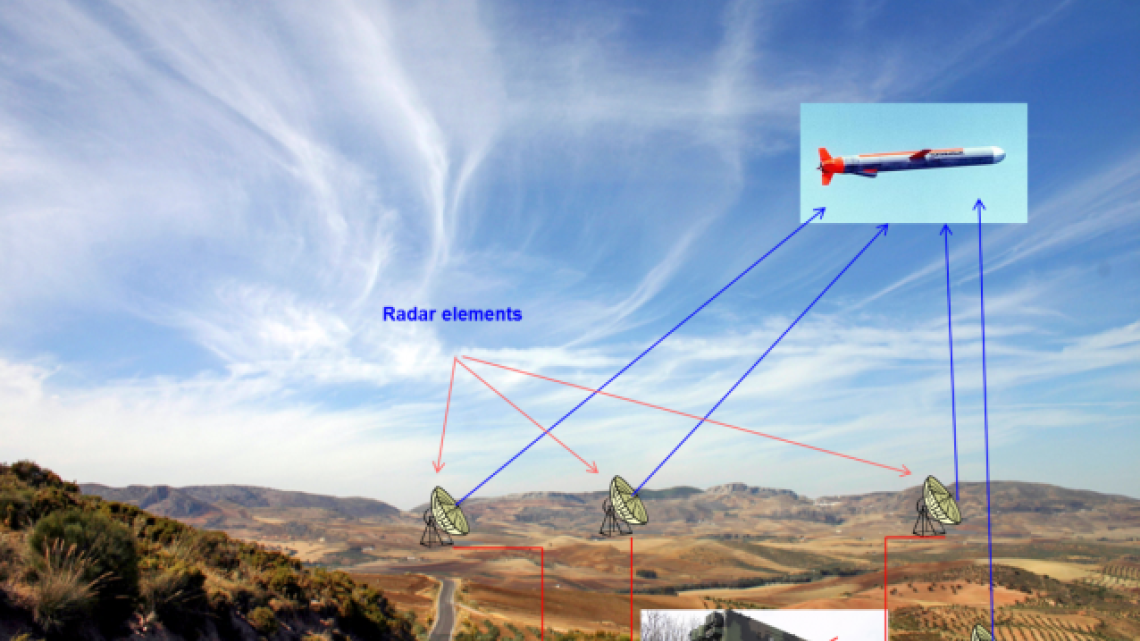
Multiple-inputmultiple-output (MIMO) radar is a sensing paradigm in which multiple transmitters and receivers have the ability to jointly plan transmissions and to process received signals in order to detect, localize and track targets. Compressive sensing is an emerging field in which performance of sensing systems is maintained even when observed signals are undersampled. Compressive sensing algorithms are designed to cope with ambiguities introduced by undersampling.
Large, random arrays are undersampled adaptive arrays that support improved angle-Doppler resolution and lower minimum detectable velocity (MDV), at the cost of higher sidelobes. Even though random arrays have been studied as early as the 1970’s, new results reveal interesting links to the emerging field of compressive sensing. MIMO provides further improvements in angular resolution and MDV, while supporting waveform diversity and additional savings in the number of sensors. Compressive sensing algorithms are designed to cope with ambiguities introduced by undersampling. We develop methods involving MIMO radar and compressive sensing that enable to localize radar targets with high accuracy.
Faculty: Alexander Haimovich
Graduate students: Marco Rossi
Collaborators: Yonina Eldar (Technion)
Other collaborators on MIMO radar: Rick Blum (Lehigh), Qian He (Univ. of Science and Technology, China)